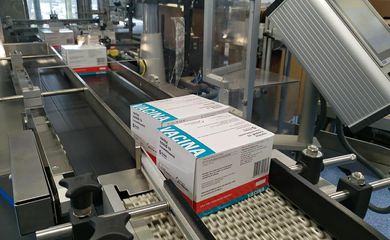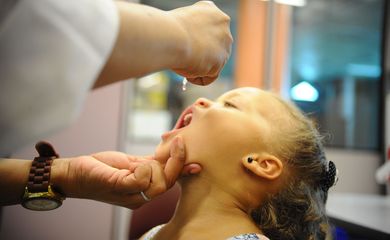COVID-19 vaccine to be included in Brazilian Immunization Program

As of 2024, the COVID-19 vaccine will become an integral part of the Brazilian National Immunization Program (PNI). This decision aligns with the World Health Organization's (WHO) recommendation to administer an annual dose of the vaccine.

"During the pandemic, a separate program was established to distribute the COVID-19 vaccine outside of our national program. This year, we are integrating this vaccine into the National Immunization Program," explained Ethel Maciel, the Secretary for Health and Environmental Surveillance at the Ministry of Health.
The Ministry of Health advises states and municipalities to prioritize specific groups, including children aged 6 months to under 5 years, individuals at a higher risk of severe disease, such as the elderly and immunocompromised people, pregnant and postpartum women, healthcare providers, people with comorbidities, indigenous communities, riverine and quilombola populations, long-term care residents and staff, individuals with permanent disabilities, incarcerated individuals, adolescents and young people serving socio-educational measures, staff in the detention system, and homeless individuals.
"In Brazil, we have slightly expanded the group compared to WHO's recommendations, which are more limited. In the 2024 campaign, we will maintain the same groups as in 2023," Secretary Maciel clarified.
Other groups
Vaccination strategy in 2024 will continue to prioritize these groups, and if there is a surplus of vaccines, they will be extended to other segments, as recommended by the Ministry of Health. "Our primary focus now, both globally and in Brazil, is to reduce the severity, hospitalization, and mortality related to the disease," Maciel added.
Long COVID
The Ministry of Health has also commissioned a national population-based study, involving around 33,000 participants, focusing on long COVID. "We are concerned about the lack of international or national estimates for creating public policies. The study, coordinated by Pedro Hallal, a researcher at the Federal University of Pelotas, is visiting people's homes to collect information about how many times they have had COVID, whether they have had symptoms, and whether those symptoms persist. Fieldwork begins at the end of November, and we expect to have data by year-end to guide our approach to long-term COVID in 2024," Secretary Maciel noted.





